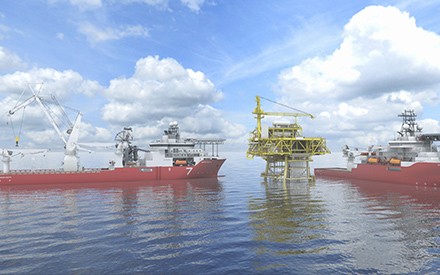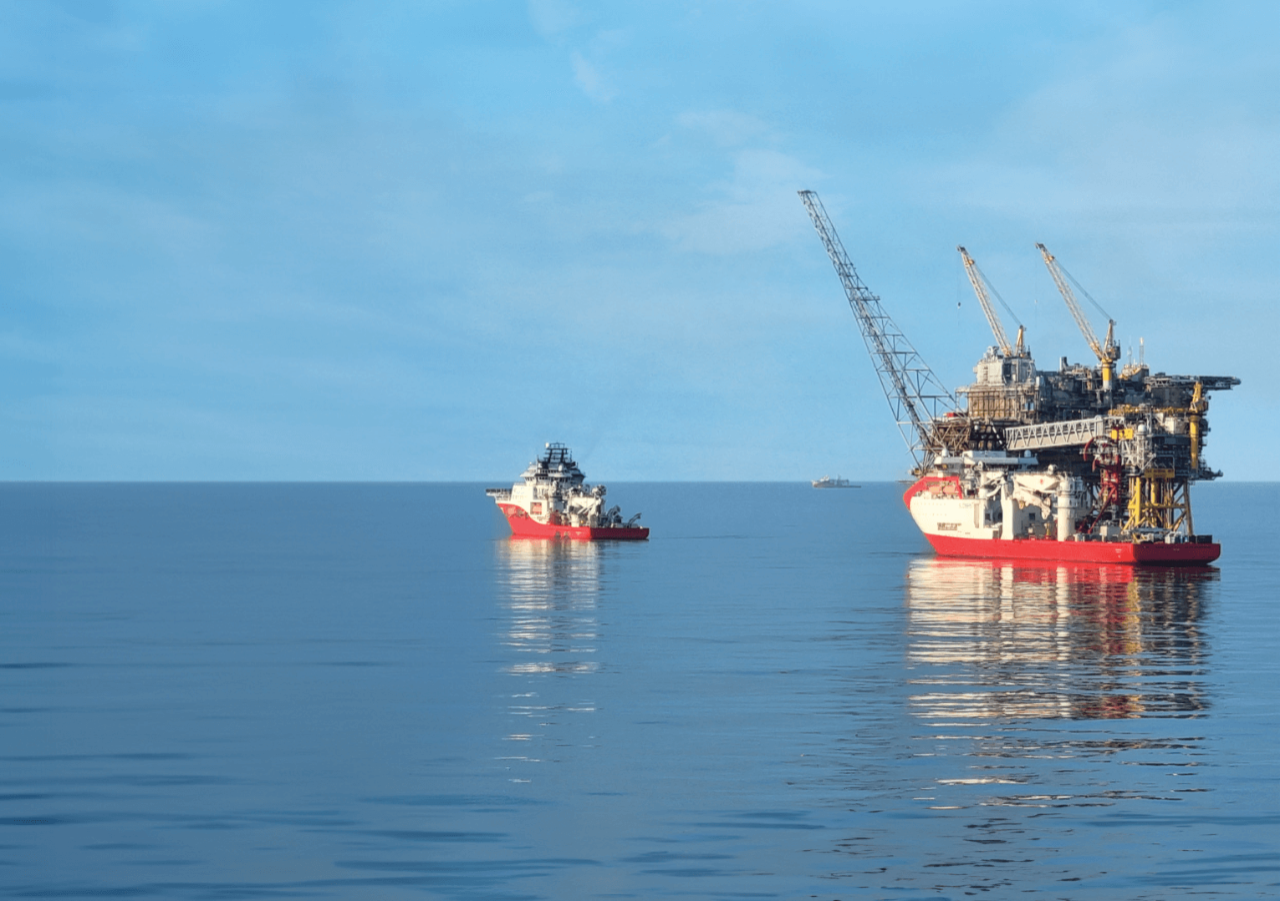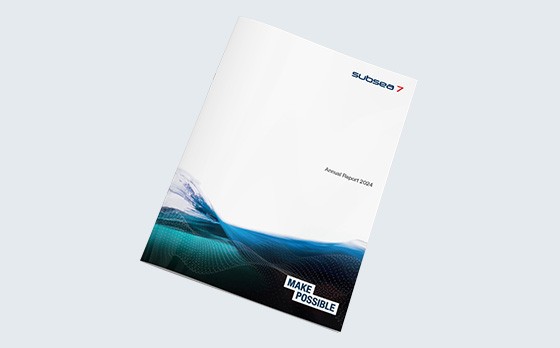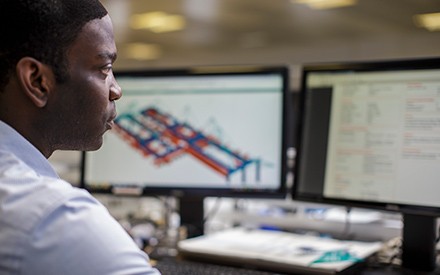Ecological Impacts



Why it is important
Subsea 7’s fabrication and construction activities, offshore and onshore, have an impact on the environments that surround them. We conduct our business in a way that considers the environment and which aims to keep any negative impact to a minimum and put in place procedures to protect biodiversity and the ecosystems we work in.

Our approach to compliance
Subsea 7 focuses on ensuring regulatory compliance and improving our environmental performance through careful selection of consumables and working practices designed to reduce waste, energy consumption and emissions. Subsea 7’s line managers are responsible for implementation and compliance with our policies within our Business Management Systems and for ensuring that all employees and contractors are aware of their responsibilities. Awareness of the impact that our activities may have on the environment and the management of measures to control such impacts is encouraged through our environmental principles:
- Work according to applicable environmental laws, conventions, protocols and regulations
- Promote and maintain a positive environmental culture
- Manage our activities to eliminate or reduce any potential negative environmental impact
- Consider environmental sustainability an important element in the way we do business
- Use planning, design and risk assessment to avoid and reduce environmental risk.
Our environmental awareness training is mandatory for all new starters and covers environmental compliance, reporting environmental incidents, our impacts and the role of our employees and their actions.
Managing our ecological disruption
Some ecological disruption is unavoidable when putting in place new subsea infrastructure. We recognise the impacts our operations may have on marine biodiversity above the water, below the water and on the seabed and are focused on minimising and mitigating these impacts through focused effort. Our Pipeline Bundle solutions eliminate the need for trenching and rock dumping and are a preferred solution for many clients in the North Sea.
Reducing single-use plastic
We are a signatory to the UK Chamber of Shipping Single-Use Plastic Charter. In line with this agreement, we are looking at ways to reduce our dependence on single-use plastics on our sites and vessels and within our supply chain annually.
Biodiversity
Many of our vessels transit from one ocean to another in the course of the year. We are sensitive to the risk of contamination of ecosystems that can result in disruption to biodiversity through the introduction of non-indigenous marine life to a new area. We follow all local requirements and legislation to ensure that any risk of contamination through the release of ballast water or from organisms attached to the hulls of our vessels is minimised through vigorous cleaning and decontamination.
Subsea 7 has formed an alliance with the National Oceanography Centre (NOC) - BORA Blue Ocean Research AllianceTM, joining industry and science together to better understand the Oceans that we work in. We look at biodiversity in areas of scientific interest that we work in for better understanding, measuring changes and to make informed decisions.
Decommissioning activities
Subsea 7 provides decommissioning services to the offshore oil and gas market, helping our clients to safely and responsibly remove and dispose of obsolete offshore infrastructure at the end of its useful life. We also take responsibility for our own end-of-life assets, with all vessels recycled in accordance with the Hong Kong Accord when they are no longer operable. In 2021 Seven Eagle was decommissioned from the fleet.
Assessing our environmental impact
Environmental Impact Assessments are carried out on our projects, sites and offices to provide information on the likely environmental impacts of our operations and activities, to detail environmental actions and mitigation. For projects, this is carried out at each project phase, to assist in managing the activities, products and services used for the execution of the project in order to minimize the environmental impacts. On our sites and facilities, we use them to form an action plan to minimise this impact from the early engineering design phase through to daily operations.
Our targets
- 90% Waste recycled onshore by 2025 (87% by 2024)
- 70% Waste segregated offshore for recycling by 2025 (68% by 2024)
- 15 BORAbox® units available for science by 2025 (7 by 2024)
Our commitments
The UN Global Compact’s Environmental principles recognise the need for businesses to encourage the development of environmentally friendly technologies. We are aware of the impact our activities may have on the environment and we are striving for ways to improve through a range of initiatives (Principles 7, 8, 9).
Subsea7 supports the United Nations Sustainable Development Goals






